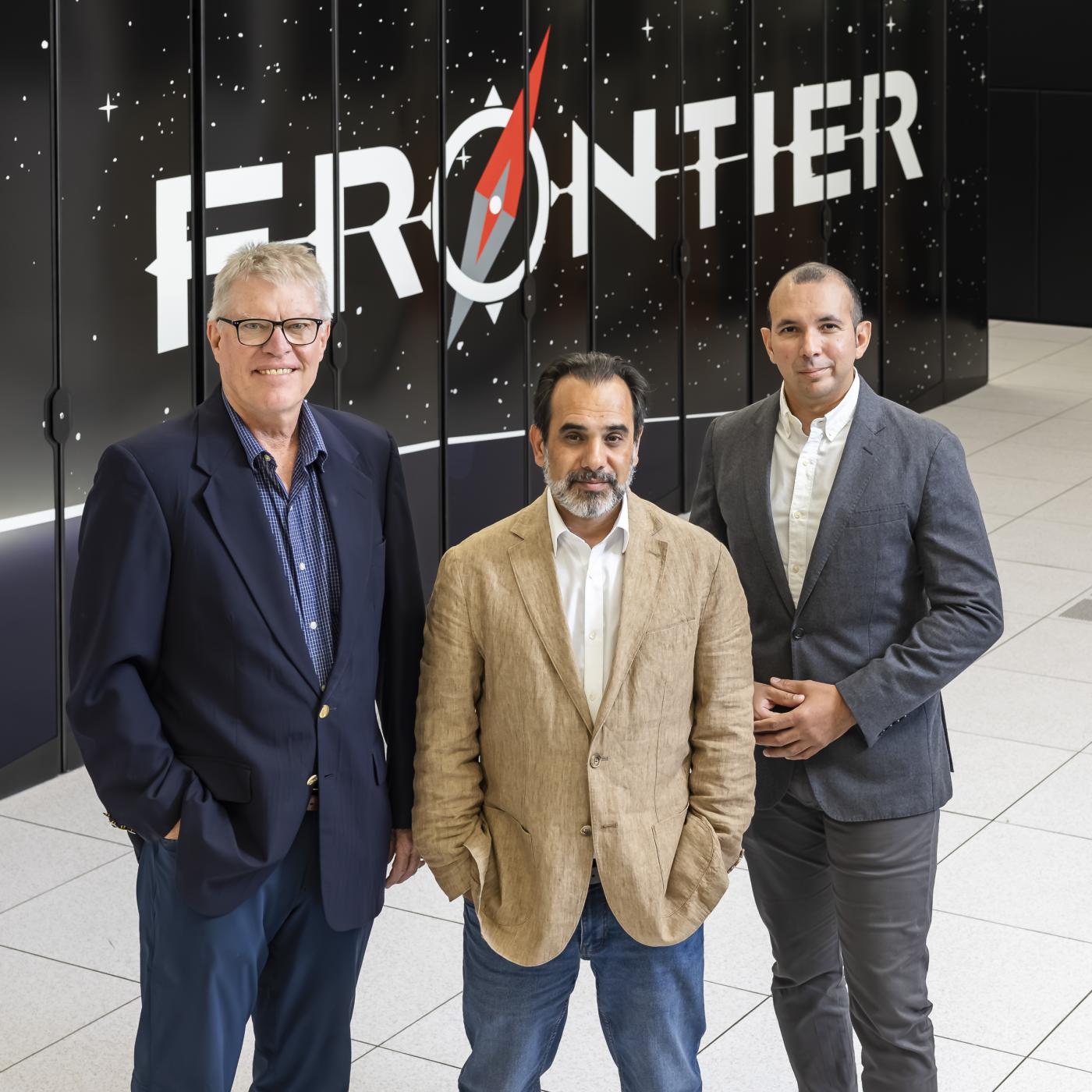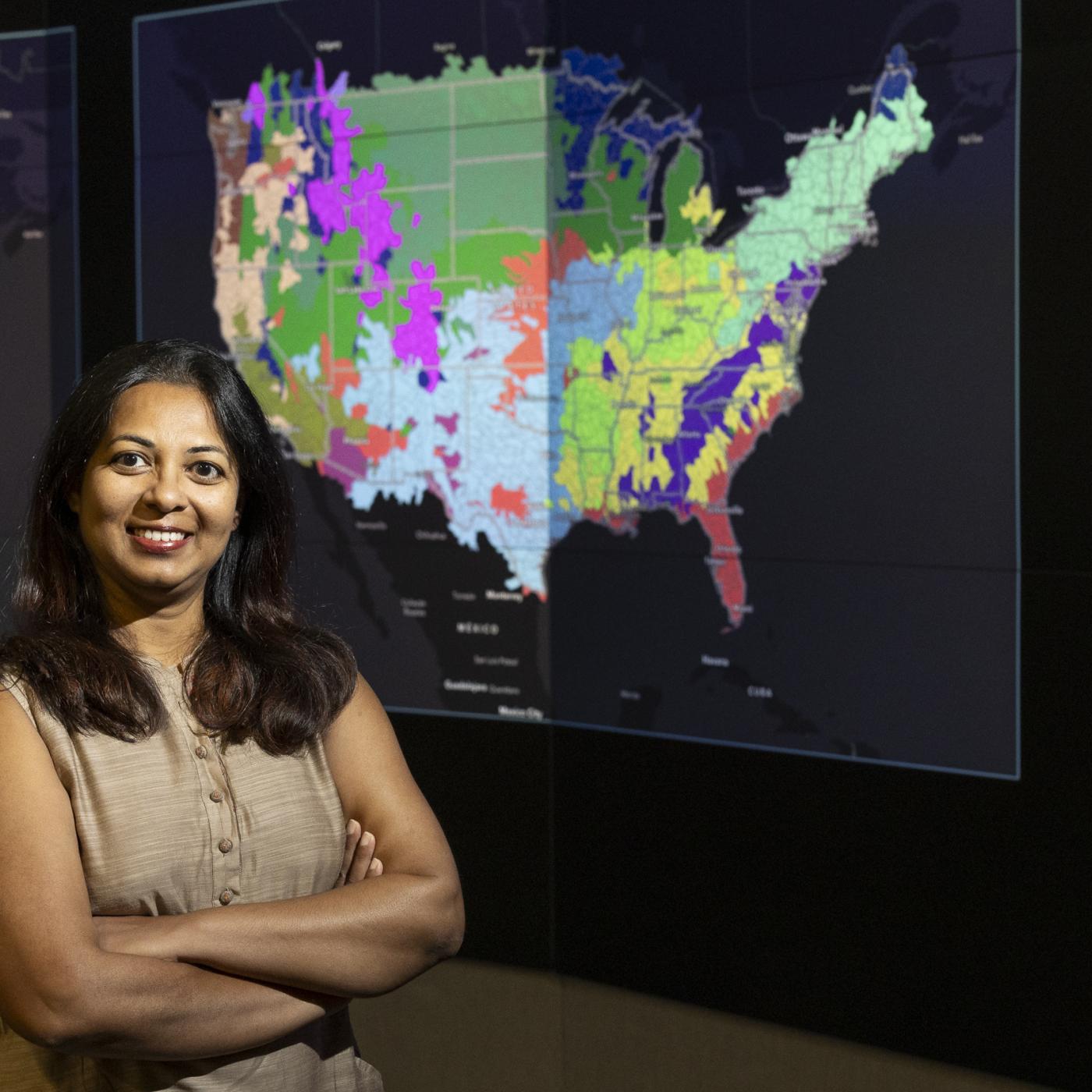
Filter News
Area of Research
- Advanced Manufacturing (4)
- Biology and Environment (15)
- Biology and Soft Matter (1)
- Clean Energy (35)
- Fusion and Fission (10)
- Fusion Energy (7)
- Materials (44)
- Materials for Computing (5)
- National Security (3)
- Neutron Science (4)
- Nuclear Science and Technology (14)
- Nuclear Systems Modeling, Simulation and Validation (1)
- Supercomputing (6)
News Topics
- (-) Advanced Reactors (34)
- (-) Chemical Sciences (70)
- (-) Composites (29)
- (-) Molten Salt (8)
- 3-D Printing/Advanced Manufacturing (125)
- Artificial Intelligence (97)
- Big Data (60)
- Bioenergy (92)
- Biology (100)
- Biomedical (60)
- Biotechnology (23)
- Buildings (61)
- Clean Water (31)
- Climate Change (104)
- Computer Science (195)
- Coronavirus (46)
- Critical Materials (29)
- Cybersecurity (35)
- Decarbonization (82)
- Education (4)
- Element Discovery (1)
- Emergency (2)
- Energy Storage (112)
- Environment (198)
- Exascale Computing (40)
- Fossil Energy (6)
- Frontier (44)
- Fusion (57)
- Grid (66)
- High-Performance Computing (90)
- Hydropower (11)
- Irradiation (3)
- Isotopes (55)
- ITER (7)
- Machine Learning (49)
- Materials (145)
- Materials Science (145)
- Mathematics (9)
- Mercury (12)
- Microelectronics (4)
- Microscopy (51)
- Nanotechnology (60)
- National Security (71)
- Net Zero (14)
- Neutron Science (134)
- Nuclear Energy (110)
- Partnerships (49)
- Physics (63)
- Polymers (33)
- Quantum Computing (37)
- Quantum Science (71)
- Renewable Energy (2)
- Security (25)
- Simulation (49)
- Software (1)
- Space Exploration (25)
- Statistics (3)
- Summit (59)
- Sustainable Energy (130)
- Transformational Challenge Reactor (7)
- Transportation (97)
Media Contacts
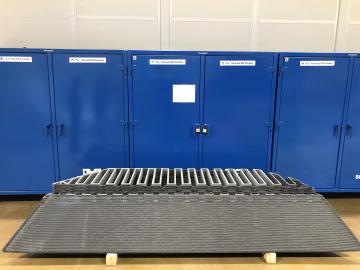
Oak Ridge National Laboratory researchers, in collaboration with Cincinnati Inc., demonstrated the potential for using multimaterials and recycled composites in large-scale applications by 3D printing a mold that replicated a single facet of a
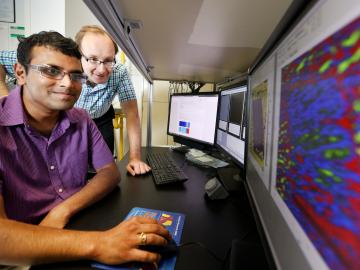
At the Department of Energy’s Oak Ridge National Laboratory, scientists use artificial intelligence, or AI, to accelerate the discovery and development of materials for energy and information technologies.
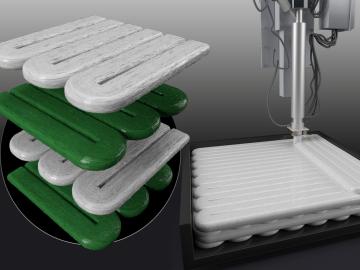
Oak Ridge National Laboratory researchers combined additive manufacturing with conventional compression molding to produce high-performance thermoplastic composites reinforced with short carbon fibers.
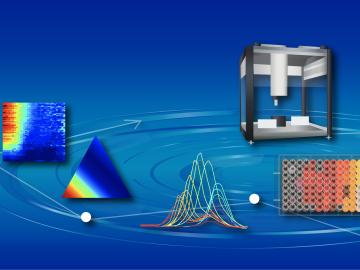
Researchers at the Department of Energy’s Oak Ridge National Laboratory and the University of Tennessee are automating the search for new materials to advance solar energy technologies.

Six scientists at the Department of Energy’s Oak Ridge National Laboratory were named Battelle Distinguished Inventors, in recognition of obtaining 14 or more patents during their careers at the lab.
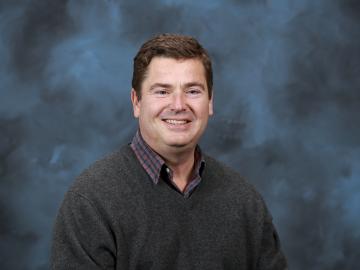
David Kropaczek, director of the Consortium for Advanced Simulation of Light Water Reactors, or CASL, at the Department of Energy’s Oak Ridge National Laboratory, has been named a fellow of the American Nuclear Society.
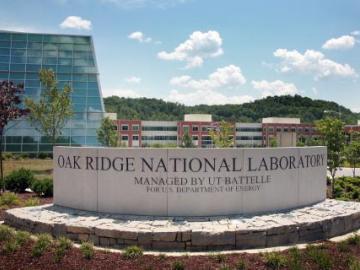
Seven ORNL scientists have been named among the 2020 Highly Cited Researchers list, according to Clarivate, a data analytics firm that specializes in scientific and academic research.
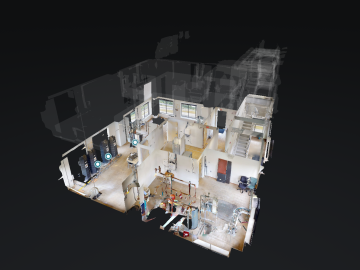
ORNL has added 10 virtual tours to its campus map, each with multiple views to show floor plans, rotating dollhouse views and 360-degree navigation. As a user travels through a map, pop-out informational windows deliver facts, videos, graphics and links to other related content.
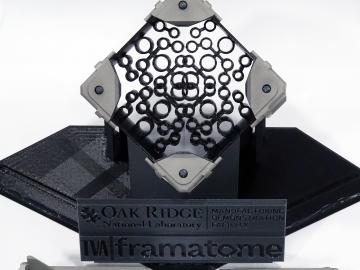
The Transformational Challenge Reactor, or TCR, a microreactor built using 3D printing and other new advanced technologies, could be operational by 2024.
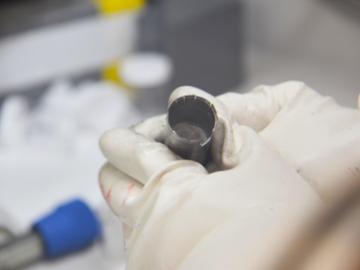
Irradiation may slow corrosion of alloys in molten salt, a team of Oak Ridge National Laboratory scientists has found in preliminary tests.


